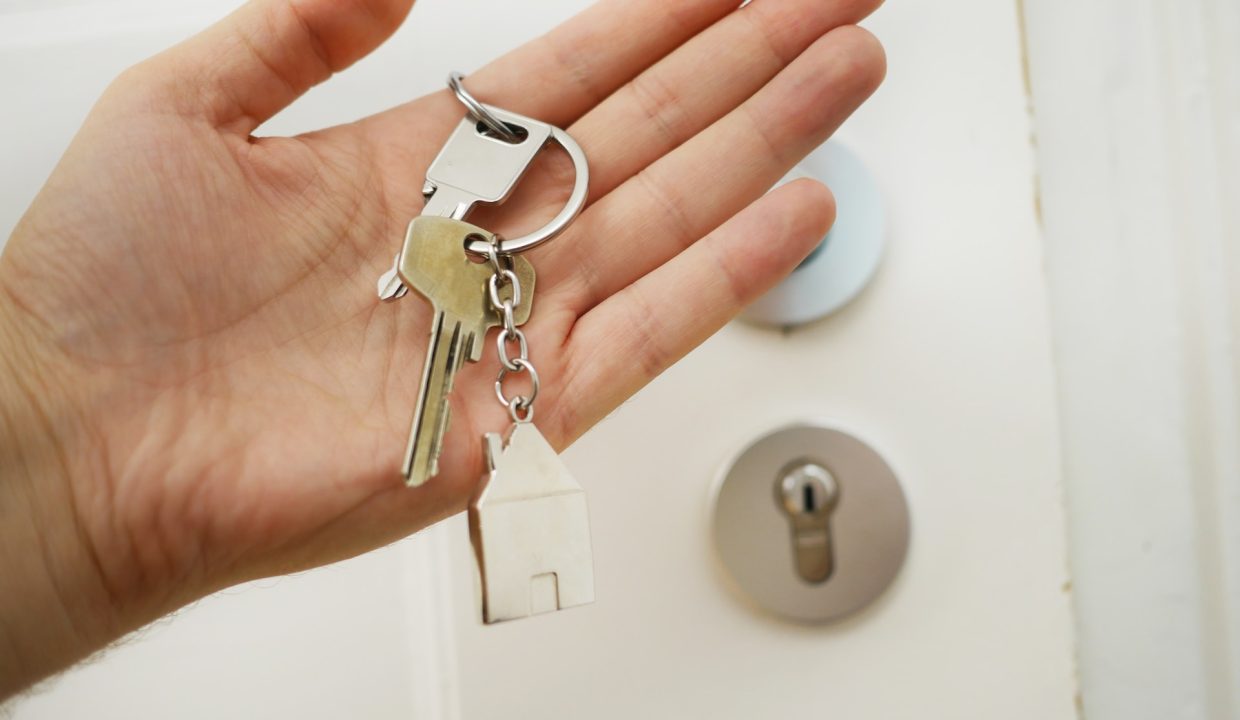
Hola! If you’re reading this, you’re probably considering buying property in the beautiful Dominican Republic. I can tell you that it’s an excellent decision. The Dominican Republic is a paradise with its stunning beaches, vibrant culture, and promising real estate market. However, like any other country, it has its own set of real estate laws and regulations that you need to understand before diving in.
| Key Points | Description |
|---|---|
| The Importance of a Purchase Contract | Learn why the purchase contract is crucial and legally binding. |
| The Need for Legal Assistance | Discover why having legal assistance is essential for dealing with unique and complex real estate laws. |
| Key Purchase Contract Details | Understand the essential details to look for in a purchase contract, including language, force majeure, and guarantees. |
| Recent Changes in Real Estate Laws | Stay updated with the latest changes in Dominican real estate laws and property registration processes. |
The Importance of a Purchase Contract
When it comes to buying property, the purchase contract is your bible. It’s the document that outlines the terms and conditions of the sale, and once signed, it’s legally binding. That means if you agree to terms that aren’t in your best interest, you’re stuck with them. I’ve seen many clients who were so excited about their new beachfront property that they overlooked some crucial details in the contract. Trust me, you don’t want to be in that situation.
The Need for Legal Assistance
Now, you might be thinking, “I’ve bought property before, I can handle this.” And while I admire the confidence, the real estate laws in the Dominican Republic are unique and can be quite complex. I’ve had clients who tried to go the “Do it Yourself” route to save money, only to end up agreeing to unfavorable terms and clauses.
One client, let’s call him John, decided to handle his contract negotiations himself. He ended up signing a contract that was entirely in Spanish, a language he barely understood. Needless to say, he was shocked when he found out what he had agreed to. This is why it’s crucial to have an attorney who specializes in Dominican Republic real estate laws by your side.
Key Purchase Contract Details
The Contract Language
In the Dominican Republic, contracts are typically written in Spanish. If you’re not fluent in the language, insist on getting an English version of the contract. It’s essential to understand every single word of what you’re signing. Remember John? Don’t be like John.
Force Majeure
“Force Majeure” is a term you’ll often see in contracts. It refers to unforeseeable circumstances that prevent someone from fulfilling a contract, like natural disasters. However, some developers might try to include things like construction permit delays in this clause. These do not qualify as force majeure, and your attorney should insist on removing such stipulations.
Developer Penalties
Imagine this: You’re promised your dream home by January 2024, but due to construction delays, you don’t get it until a year later. In such cases, your attorney should negotiate penalty terms with the developer. This way, you’re compensated for any potential rental income you might have lost due to the delay.
One-Year Guarantee
Under Dominican law, there’s a one-year guarantee on new builds. This means that if any issues arise within a year of delivery, the developer is obligated to fix them. However, some developers might try to shorten this period in the contract. Make sure your attorney catches this and ensures you get the full one-year guarantee.
Agreed To vs. Delivered Unit Size
If you’re buying in preconstruction, be aware that the size of the unit upon delivery might vary from what you agreed to. Some contracts might state that the price remains the same even if the size changes. To avoid any surprises, make sure your attorney addresses this in the contract.

Recent Changes in Real Estate Laws
The real estate laws in the Dominican Republic are constantly evolving. Recently, there have been changes to the property registration process to make it more efficient. There have also been updates to the laws regarding property taxes. As an attorney, it’s my job to stay updated with these changes and ensure that my clients’ contracts reflect the current laws.
Buying property in the Dominican Republic is an exciting venture, but it’s crucial to understand the legal aspects of the process. From the importance of the purchase contract to the need for legal assistance, I hope this article has given you a clearer picture of what to expect. Remember, when it comes to real estate, knowledge is power. So arm yourself with the right information, get a good attorney, and you’ll be well on your way to owning your dream property in the Dominican Republic. ¡Buena suerte!
Disclaimer
Please note that while this article provides information about real estate laws in the Dominican Republic, it should not be taken as legal advice. We are not attorneys and this information is intended to be used for informational purposes only. Always consult with a qualified attorney or legal professional before making any decisions related to real estate transactions or contracts. Laws can change and vary by location, so it’s important to get advice tailored to your specific circumstances.
FAQ
Q: What is the importance of the purchase contract?
The purchase contract is your bible when buying property, outlining the terms and conditions of the sale and legally binding once signed.
Q: Why is legal assistance necessary for Dominican real estate transactions?
Dominican real estate laws are unique and complex, making it crucial to have an attorney specialized in Dominican Republic real estate laws to avoid unfavorable terms and clauses.
Q: How can I ensure I understand the contract language?
Insist on an English version of the contract if you’re not fluent in Spanish to fully comprehend the terms you’re agreeing to.
Q: What is Force Majeure in a contract?
Force Majeure refers to unforeseeable circumstances that prevent someone from fulfilling a contract, but some developers may try to include unrelated clauses, which your attorney should remove.
Q: How can I safeguard against construction delays?
Your attorney should negotiate penalty terms with the developer to compensate for any potential rental income lost due to construction delays.

